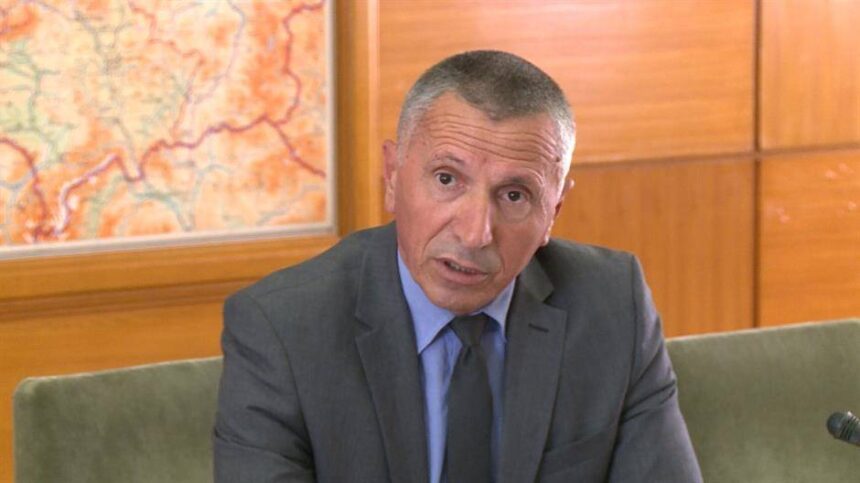Belgrade, Serbia – Albanian MP Shaip Kamberi has warned that the recent political turmoil in Serbia, including the resignation of Prime Minister Miloš Vučević and ongoing student protests, must be observed closely as President Aleksandar Vučić faces growing pressure.
In a Facebook post, Kamberi highlighted that Vučević’s resignation did not stop the protests, as demonstrations against Vučić’s regime continue across Serbia.
Vučić’s Limited Options
Following the prime minister’s resignation, Vučić has ten days to nominate a candidate for the new government, which must be formed within 30 days. Kamberi outlined two possible scenarios:
- Vučić forms a government with his ruling Serbian Progressive Party (SNS) and coalition partners, possibly including elements of the opposition—though this could escalate protests even further.
- A transitional government is created to oversee electoral reforms and organize new elections, a demand of the protesters. However, Vučić has strongly rejected this option, telling students and opposition leaders: “You will have to kill me to make it happen.”
Kamberi described Vučić’s stance as arrogant and autocratic, noting that the president himself admitted the situation is “dramatic” and that he is politically ‘knocked down.’ Despite this, Vučić favors holding new parliamentary and local elections under the same conditions, which opposition leaders have called unacceptable due to past allegations of election fraud.
If protests continue and Vučić fails to suppress the resistance, Kamberi suggested that his only remaining option might be resignation, leading to snap elections at all levels—a move that could further destabilize Serbia.
A Chance for a ‘Different Serbia’?
Kamberi referenced British Prime Minister Harold Macmillan’s famous 1960 speech about the “winds of change” in Africa, drawing parallels to the current political crisis in Serbia. He emphasized that while it is too early to declare the end of Vučić’s era, the protests signal a potential shift toward a more democratic Serbia.
For true change, Kamberi argues, Serbia must:
- Abandon expansionist ambitions, including the nationalist “Serbian World” project.
- Acknowledge past war crimes and genocide, particularly in Kosovo.
- Treat ethnic minorities, including Albanians in the Preševo Valley, with full rights.
If Serbia embraces democratic reforms, regional peace and stability will improve. However, if Vučić continues to suppress opposition, the country will likely persist as a source of crises in the Balkans.
The protests erupted following the deadly collapse of a railway station canopy in Novi Sad on January 1, 2024, which killed 15 people and injured several others. Amid public outrage, Vučević resigned under irrevocable terms, triggering a constitutional process for forming a new government.
According to Serbia’s constitution, if a new government is not formed within a month, the president must dissolve parliament and call new elections.







